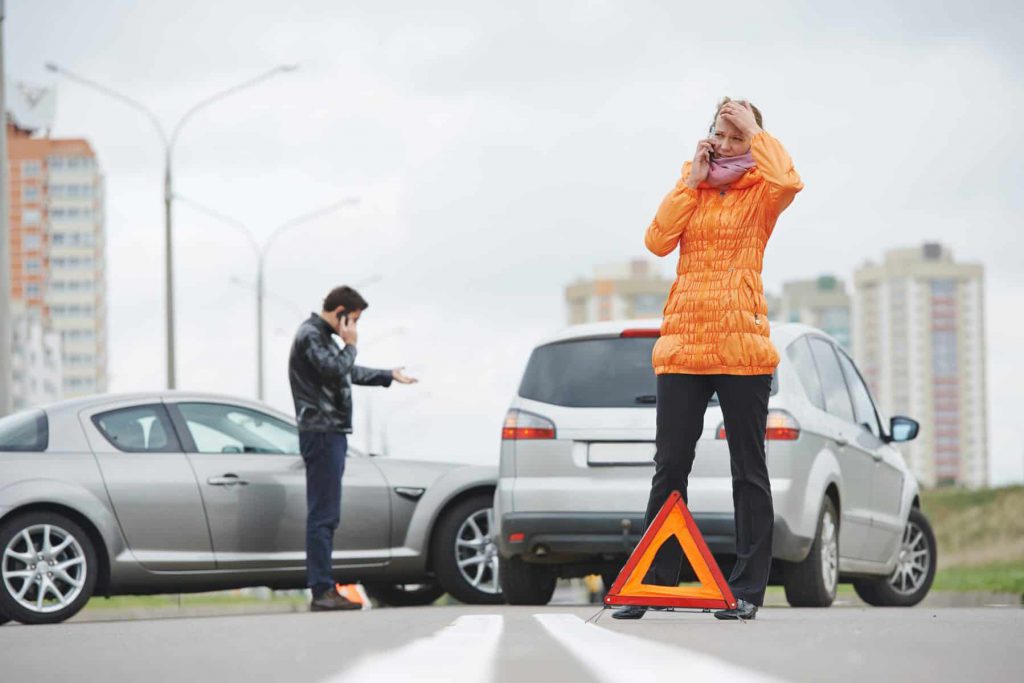When you get a concussion, you essentially suffer a brain injury. Even though it is a mild traumatic brain injury, any injury to the brain is serious. Some concussions can lead to a lifetime of pain and suffering, as well as disability. In fact, up to 20 percent of concussion survivors will suffer from effects years after their initial injury. Swiftly recognizing the signs of a concussion is the key to receiving prompt medical treatment. This alone could save your life and prevent long-term complications. After a car accident, survivors may wonder if they have a concussion. If you notice any of these signs and symptoms, it is important to get help immediately.
Signs You Have a Concussion
Changes in Sleep
Are you having trouble sleeping at night? If you did not have trouble sleeping before your accident, you might have a concussion. Any change in sleep patterns after a car accident could indicate that your brain suffered an injury. If you suffer from narcolepsy, excessive daytime sleepiness, insomnia, or sleep apnea after your accident, seek medical attention immediately.
Loss of Consciousness
Loss of consciousness can indicate that you suffered a concussion. However, only a small portion of concussion accident survivors will experience loss of consciousness after a collision. If you blacked out or had a momentary loss of consciousness, you need to seek medical attention. Your doctor can determine if you have a concussion or something more serious.
Persistent Headaches
One of the most common signs of a concussion is a persistent headache. You may begin suffering from a headache within hours of the accident. These are not ordinary headaches. Often, sensitivity to light and dizziness will accompany a concussion headache. As many as 25 percent of concussion sufferers will experience post-concussion headaches up to a year after their injury. As such, it is important to seek treatment for these headaches as quickly as possible.
Ringing in Your Ears
Tinnitus or ringing in the ears is a sign of a concussion. When the brain becomes damaged, the inner ear can suffer injury. Tinnitus is not curable, but many concussion survivors can find relief with medications and therapy. As the brain repairs itself, your tinnitus can improve.
Chronic Seizures
Approximately 10 percent of brain injury survivors will suffer from seizures after a car accident. These seizures often occur when the brain suffers serious damage and scar tissue forms. As such, more severe concussions may result in seizure activity. If you notice fumbling, lip-smacking, strange movements in your extremities, or periods of unresponsiveness, seek medical attention quickly. You may have a concussion.
Mood Changes
Concussions can result in mood changes in accident survivors. Surviving a car accident itself is traumatic. When you suffer from a brain injury, you may have trouble coping with the symptoms. This can result in depression, anxiety, mood swings, and anger. If you have trouble with mood swings after a car accident, you could suffer from a concussion.
Contact a New Jersey Auto Accident Law Firm Today
Did you suffer an injury in an auto accident in New Jersey? Car accident injuries can completely upend your entire life. They can result in serious disability, pain, and suffering. At Rosner Law Offices, P.C., our New Jersey auto accident attorneys will work hard to make sure you receive maximum compensation. This means building a solid case and negotiating aggressively for you. To learn more about your legal options, call us at (856) 502-1655 or fill out our contact form for more information. We provide aggressive and compassionate legal representation in Vineland, Bridgeton Millville, Voorhees, Cherry Hill, and throughout southern New Jersey. We also offer free initial consultations. Call Rosner Law Offices, P.C. today!



 Call Us
Call Us Text Us
Text Us Email Us
Email Us